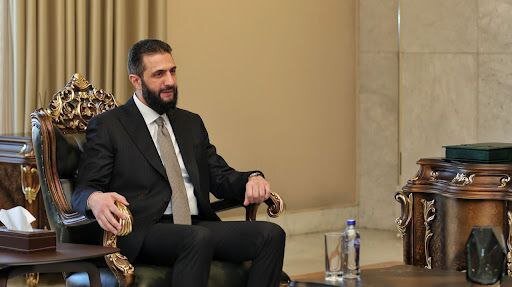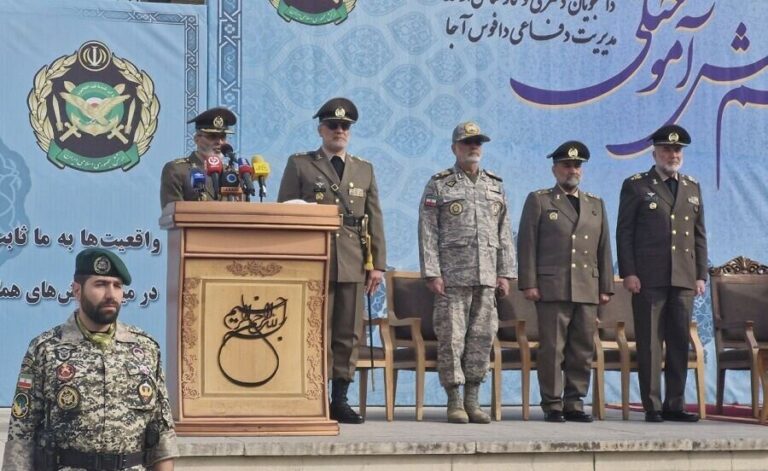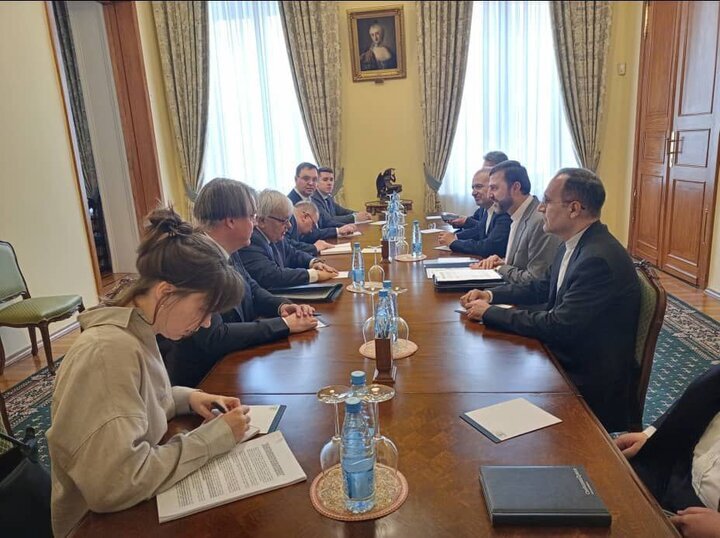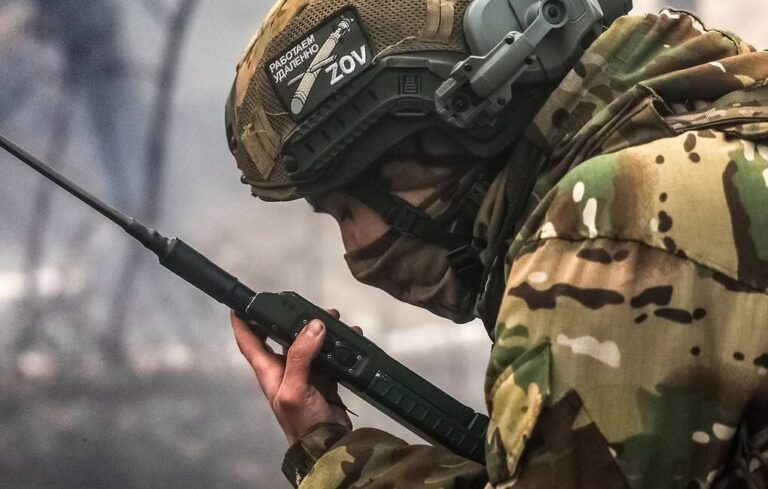Syria Promises ‘No Threat to Israel’ in Exchange for Sanctions Relief
Syria has made headlines recently with its official response to U.S. conditions aimed at lifting sanctions. The country has expressed its commitment to creating a committee to oversee the activities of Palestinian resistance groups on its soil, a move that has sparked considerable discussion and debate. In light of Syria’s recent actions, it is essential to explore the implications of these developments on the ongoing situation in the region.
Over the past week, reports have emerged detailing a Syrian government crackdown on Palestinian resistance figures and organizations. Critics argue that this shift indicates a departure from the Palestinian cause and a concerning willingness to overlook the ongoing humanitarian crisis in Gaza, all in pursuit of relief from Western sanctions. Experts note that previous Syrian administrations faced severe repercussions for their support of anti-Israel resistance movements, even turning down offers for sanctions relief in the past.
According to a recent letter from the new Syrian government, which was revealed by Reuters, they stated, “Syria will not pose a threat to any party, including Israel.” This assertion comes as Israeli forces continue to expand their presence into three southern Syrian provinces, moving closer to Damascus. The letter also claimed, “Syria confirms it has met most of the conditions for easing U.S. sanctions” and expressed a desire for mutual understanding regarding outstanding issues.
On the topic of foreign fighters within the Syrian army, the new government indicated a need for a “broader consultative session,” while confirming that the issuance of military ranks has been suspended. This move aligns with the U.S. State Department’s previously outlined conditions necessary for the partial lifting of sanctions against Syria.
These sanctions stem from a variety of legislative measures, including those enacted under the Caesar Act of 2019, along with regulations linked to General License 24, which permits limited transactions with the new Syrian government. Reports have surfaced detailing specific demands from the U.S. government, which include:
- Appointment of a liaison officer to assist in locating American journalist Austin Tice, who was detained by the former Syrian government over a decade ago.
- Complete dismantlement of scientific research laboratories.
- A commitment to sever all ties with Palestinian groups, including Hamas and Palestinian Islamic Jihad.
- An assurance that no foreign fighters will hold senior government positions.
- Official designation of Iran’s Islamic Revolutionary Guard Corps (IRGC) as a terrorist organization.
- Public support for the U.S. military mission in Syria and acknowledgment of Washington’s authority to target designated individuals within Syrian territory.
- Taking responsibility for the detainees at al-Hol camp, which currently houses over 15,000 individuals, including families of Daesh members, under the control of the Syrian Democratic Forces (SDF).
In a notable development, Ahmad al-Sharaa, the self-proclaimed President of Syria, has publicly called on the U.S. to reconsider its sanctions. In a recent interview with The New York Times, al-Sharaa cautioned that ongoing instability in Syria poses a threat not only to neighboring countries but also to the broader international community. He urged Washington to reassess the sanctions, arguing that they were initially imposed due to the actions of the previous regime, which he claims is no longer in power.
Al-Sharaa stated, “The sanctions were a response to the former regime’s crimes against the Syrian people,” emphasizing his commitment to ensuring that Syrian territory will not be utilized to threaten other nations. He also hinted at ongoing negotiations with Turkey and Russia, suggesting potential military support from these countries in the future.
According to The New York Times, one of al-Sharaa’s most significant challenges will be the formation of a unified national army to secure the government’s authority across Syria. The successful consolidation of power and control will be crucial for the new administration as it navigates the complex geopolitical landscape and responds to both domestic and international pressures.
As the situation continues to evolve, the implications of Syria’s actions and the U.S. response will undoubtedly shape the future of the region. The interplay between international diplomacy, humanitarian concerns, and the quest for stability will remain at the forefront of discussions surrounding Syria in the coming months.






